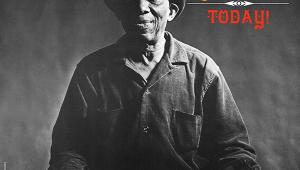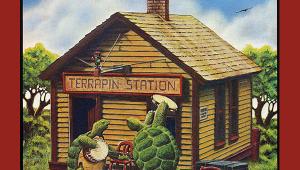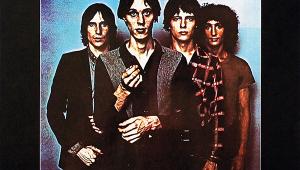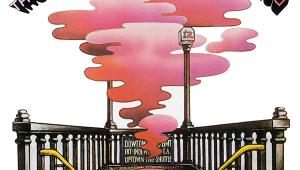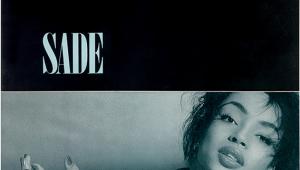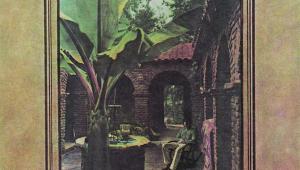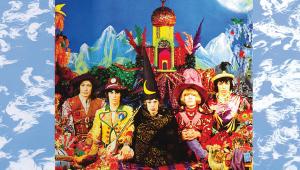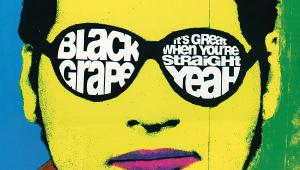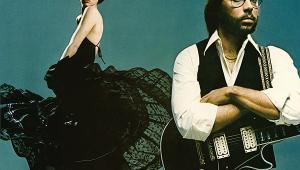Nina Simone: Black Gold
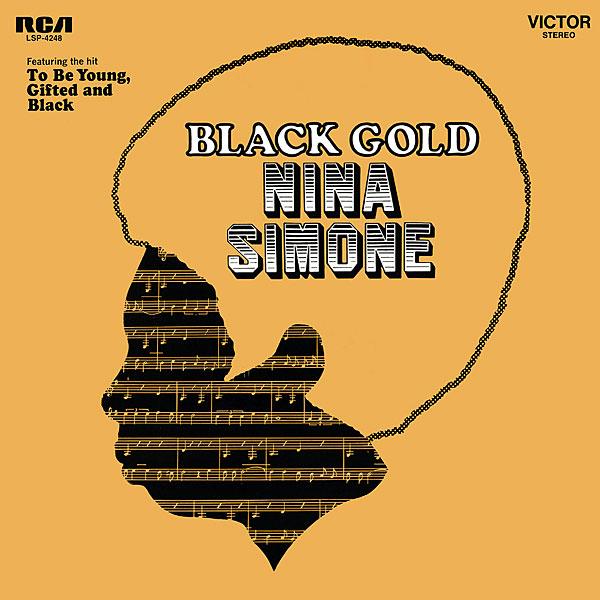
Once upon a time there was a country which called itself the United States Of America – a gross misnomer because it couldn't have been more disunited if it tried. It was first largely populated by white people who had landed in ships and stolen the land from its original inhabitants. They then kidnapped and imported boatloads of people from Africa and the like to do all their heavy lifting. These slaves had no wages and no rights.
Harlem Resistance
Then, some among the population developed a conscience about this situation and, although faced with vicious opposition from those who stood to lose out economically and those who feared for their livelihoods, sought to establish some basic human rights on the slaves' behalf.
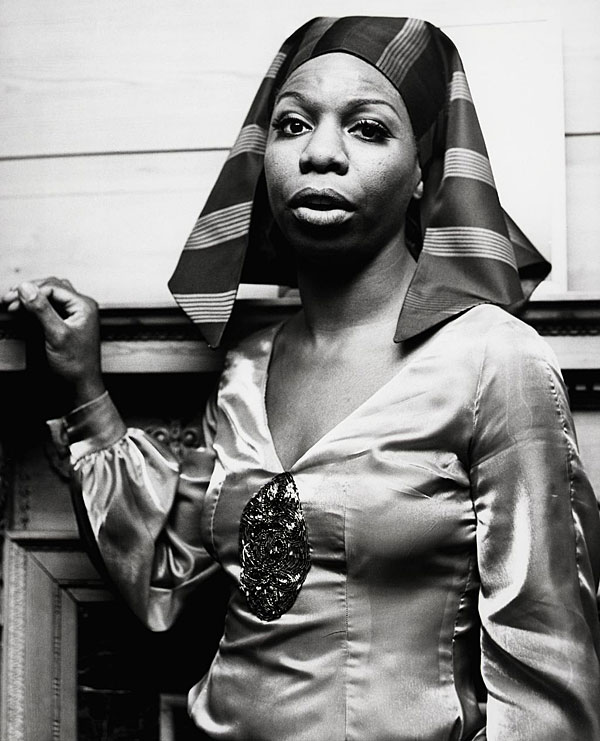
Which is where Alain LeRoy Locke comes in. Born in Philadelphia in 1885, to a family of 'free' blacks, he graduated from Harvard University in 1907 with degrees in English and Philosophy and became the first Afro-American to be awarded a Rhodes Scholarship to Oxford University.
Back teaching at Harvard, in 1925 Alain edited The New Negro: An Interpretation, an anthology of poetry, fiction, and essays by black writers and artists which greatly inspired a young gentleman called Langston Hughes who was widely regarded as the leader of a lively aggregation of negro artists working in New York City known locally as The Harlem Resistance.
Hughes had been born in Joplin, Missouri in 1902. His great grandmothers were slaves, his great grandfathers slave owners. By the early 1920s he was hailed as one of the earliest practitioners of what became known as jazz poetry, as well as writing the Resistance manifesto published in The Nation magazine in 1926. In 1951 he published Harlem (aka A Montage Of A Dream Deferred), a book-length jazz poem which, in turn, greatly inspired a young writer called Lorraine Hansberry.
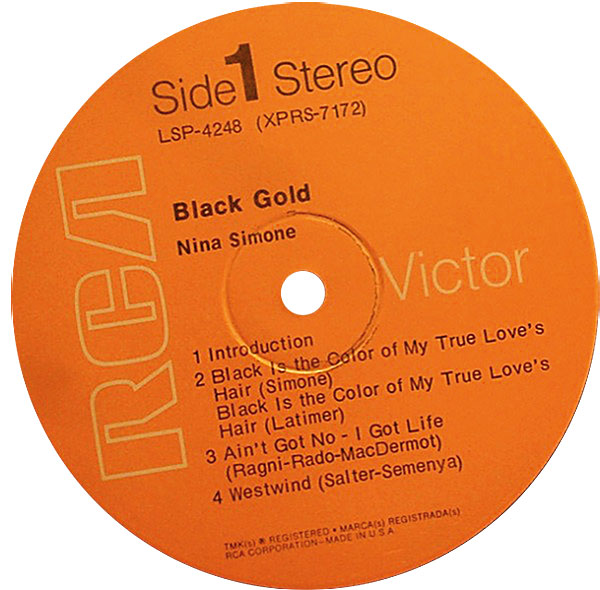
Equal Rights Anthem
Born in Chicago in 1930 into a well-to-do black family (her father was in real estate), the Hansberrys found themselves infamous when, in 1938, they purchased a house in Washington Park, incurring the wrath of white neighbours who attempted to have them moved straight back out. This resulted in an extremely complicated and lengthy lawsuit, which went all the way to the Supreme Court.
In 1951 Lorraine joined the staff of the Freedom Newspaper, published by the great black actor/singer Paul Robeson. As a reporter she travelled to Georgia to cover the case of Willie McGee, a negro who was spuriously convicted of raping a white woman and executed in the electric chair on May the 8th, 1951. A crowd of more than 1500 gathered on the courthouse lawn outside and the execution was broadcast on the radio.
In his farewell letter to his wife, McGee wrote: 'Tell the people the real reason they are going to take my life is to keep the Negro down... They can't do this if you and the children keep on fighting. Never forget to tell them why they killed their daddy. I know you won't fail me. Tell the people to keep on fighting.'
The events inspired Lorraine to write a poem called Lynchsong and then, in 1959, her A Raisin In The Sun (its title taken from a line in Langston Hughes' Harlem) became the first play by an African American to be performed on Broadway. Directed by Lloyd Richards (the first Afro-American to direct there), and starring Sidney Poitier, the first black actor to win an Oscar, Raisin, based loosely on her family's lawsuit, was a great success and again, greatly inspirational to the principal of our piece, Nina Simone.
Lorraine was godmother to Simone's daughter Lisa, and when her friend died aged 34 in 1965, Simone was moved to compose a song for her. Named after a play put together from her various writings by Lorraine's ex-husband and friend, songwriter and poet Robert Nemiroff in 1968, that song was 'To Be Young, Gifted And Black', the Equal Rights anthem that forms the centrepiece to 1970's Black Gold, the LP we're here to celebrate.

